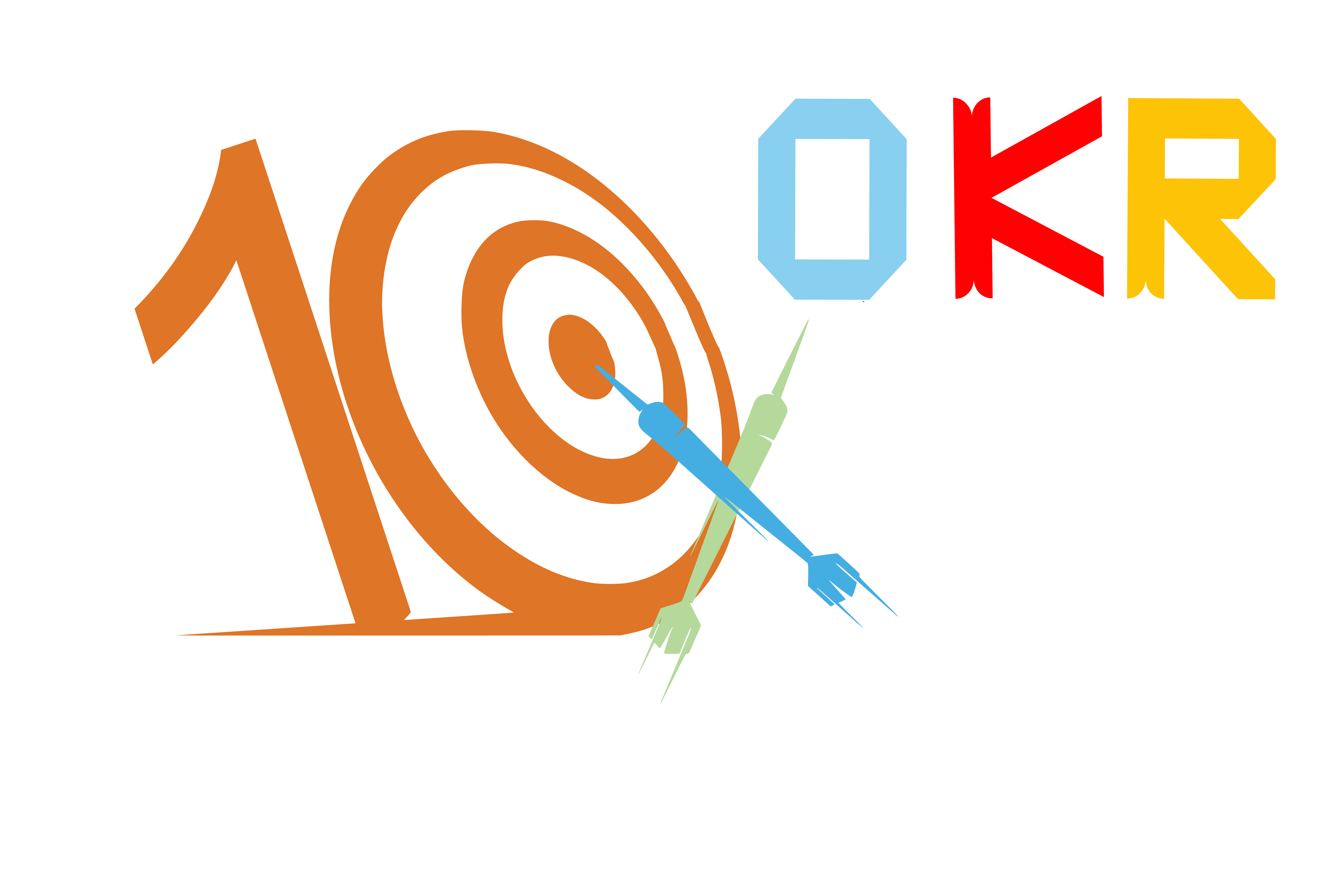Table of Contents
Project Management in the 21st Century
The Project Management Professional (PMP) is a globally recognised certification for people who want to hone their skills and work smarter. It is currently one of the most lucrative careers. The PMP certification represents an elite group of project managers recognised for fine-tuned project management skills.
It demonstrates project management knowledge and experience in any working methodology. Before applying for certification, professionals must fulfil several conditions. To become a certified associate in project management, an applicant must pass a protracted and thorough exam after their application has been accepted and approved.
People with the PMP certification are in a good position to offer the professional abilities required to manage project teams and produce effective project outcomes. Project experience requirements for the PMI – ACP or PgMP are met. The ISO/ANSI 17024 and ISO 9001 standards accredit the PMP® certification.
In this blog, we will learn the steps to becoming a PMP-certified professional,
- The equivalent of a high school diploma
- Have led and directed projects for a minimum of 4,500 hours in project management.
- Thirty-five hours of project management training should be completed.
- Get through the PMP certification exam.
The PMP certification test consists of 200 MCQs, and the exam lasts around four hours.
The PMP covers exhaustive project management topics such as:
- Project initiation,
- Planning,
- Execution,
- Monitoring and controlling,
- Closing.
Project managers can benefit greatly from having the PMP certification. That proves that the person is well-versed in the approaches and has the practical expertise to manage the projects successfully. It also enables you to progress professionally and helps you avoid numerous resources available to aid your preparation if you want to earn a PMP certification.


Get to know the benefits of making a PMP certification.
Increased income potential
Project managers with a PMP certification have an augmentation of 20% compared to those who don’t hold a PMP certification.
More career opportunities
The PMP certification is useful for project managers and can aid your employment in a highly competitive industry.
Enhanced Credibility
A PMP certification shows you have the knowledge and practical expertise to manage projects successfully.
Confidence Boost
A PMP certification assures you to take on more difficult assignments.
Although most jobs and corporate positions do not require this certification, it is a generally respected title that boosts any resume’s credibility. The certificate was developed to benchmark project management across various sectors and locales. One of the many ways a professional can demonstrate their expertise and commitment to their career to a potential or existing employer is by earning a PMP credential.
What do you presume to know as a PMP?!!
Integration, scope, time, cost, quality, human resources, communication, risk, procurement and stakeholder management are the 10 project management knowledge areas.
Project managers use a framework called the project management process which helps in planning, carrying out and overseeing projects.
- How to effectively manage projects using project management tools.
- How to motivate and drive the project.
- How to connect with project stakeholders effectively.
- How to manoeuvre around when in jeopardy.
- How to gauge the efficacy of a project.
- How to strategise ways to close projects successfully.
Eligibility for acquiring a PMP.
If you’re deliberating on whether or not to take up the certification, remember that the certification exam must meet one of two stringent criteria. The minimum standards for the applicants are 7,500 hours of project management experience, 35 hours of relevant education or a 4-year degree in the field, 4500 hours of project management experience, and 35 hours of project management training.
You must set up a login for the PMI website and the necessary personal information to begin the application process. Both PMI and non-PMI members should pay the application fee, albeit membership significantly reduces the course cost. On the official website of the PMI organisation, you will be able to discover further additional information on the specifications and the expenses.
Your project managerial skills are verified by your PMP certification, which organisations recognise. Three vital tactics have comprised a component of the new PMP,
- Predictive (waterfall)
- Agile
- Hybrid
60 PDUs for PMP renewal.
When you hold the PMP certification, you must be able to earn 60 Professional Development Units (PDUs) every 3 years to retain your certification, according to Project Management Institute (PMI).
You may make PDUs by keeping abreast of the latest project management trends and best practices.
PDUs fall under one of three categories,
- Education- PDUs obtained via taking classes, attending conferences and reading books and articles concerning project management.
- Giving back- PDUs obtained by participating in voluntary work for a project management organisation, mentoring an intern, or creating and releasing project management-related articles.
- Leadership- PDUs obtained through initiating or managing projects, collaborating with a committee regarding project management or delivering speeches at organisational events.
You must earn at least 20 PDUs in each category and at least 35 PDUs in education. The final 5 PDUs can be obtained in any other type.
Some suggestions along the way to make earning PDUs easier for you!!
- Attend a conference on project management
- Take a course in project management
- Read books and articles concerning project management
- Invest some time in volunteering for a project management firm.
- Become a project manager’s mentor
- Develop content for project management
- Organise a committee for project management.
You must maintain track of your PDUs to ensure you’re on par with meeting the prerequisites for renewal. You can track your PDUs via the PMI’s PDU tracker.
By renewing your PMP certification, you must be updated with the latest project management trends and practices. Furthermore, it shows potential employers that you devote yourself to professional development.
- Act ahead- As soon as you get your PMP certification, you ought to start tracking your PDUs. By doing this, you will stay on schedule and will not be required to rush during the 11th hour.
- Be original- PDUs can be acquired in an array of strategies. Never be afraid to use your creative muscles to figure out things you like to do.
- Network- Meet other project developers by attending project management events. This is an excellent strategy for discovering novel PDU opportunities.
Despite gaining PDUs can be challenging, accomplishing it can be crucial in retaining your certification. You can gain PDUs and keep up with the latest project management trends and practices by complying with the points shared.
PMIs flagship publication!!!
The PMBOK guide
The Project Management Institute (PMI) published the Project Management Body Of Knowledge (PMBOK guide) as an educational resource for the project management industry. The world’s most commonly adopted project manual guide is the PMBOK guide. Project managers, teams and businesses use it to boost their project management practices.
A reference guide that offers a skeleton for project management is the PMBOK guide.
It explains the methods, areas of knowledge, tools and techniques used in project management. The PMBOK guide is a descriptive manual that provides a common language and understanding of project management rather than a perspective manual.
The PMBOK guide consists of 5 process groups in total,
- Initiation
- Planning
- Monitoring and control
- Execution
- Closing.
There the PMBOK guide also includes a section on Agile project management. Agile project management is an emerging way of managing projects which relies greatly upon incremental and iterative development.
Every few years, the PMBOK guide is revised to incorporate the most recent advancements and business standards of practice. The latest version of the PMBOK guide is the 7th edition, released in 2021.
If you are interested in project management, you should learn about the PMBOK guide.
It offers you loads of knowledge about project management techniques, aids in developing your project management abilities and achieves your project management goals with the help of a PMBOK guide.
The CAPM Certification
The Certified Associate in Project Management (CAPM) certification is an excellent way to start if a career in project management is what you’re looking for. It helps you improve your abilities, broaden your career opportunities and increase your earnings through certifications.
The CAPM certification is significant for anyone pursuing a project management career. This certification proves that its holder has an extensive knowledge of project management principles and projects. This may boost your chances of receiving higher compensation.
The PMP is a certification for project managers with at least 3 years of experience. In contrast, the CAPM is an entry-level certification intended to prepare applicants for a career in project management.
In Conclusion
The PMP certification attests to your high level of expertise in
- People- recognise your abilities to motivate and supervise a project team throughout a project.
- Process- Identifying the suitable working strategy for each project through integrating agile, predictive and hybrid approaches.
- Business Environment- Highlighting a project’s triumph and how they pertain to the broader strategic corporate objectives.



